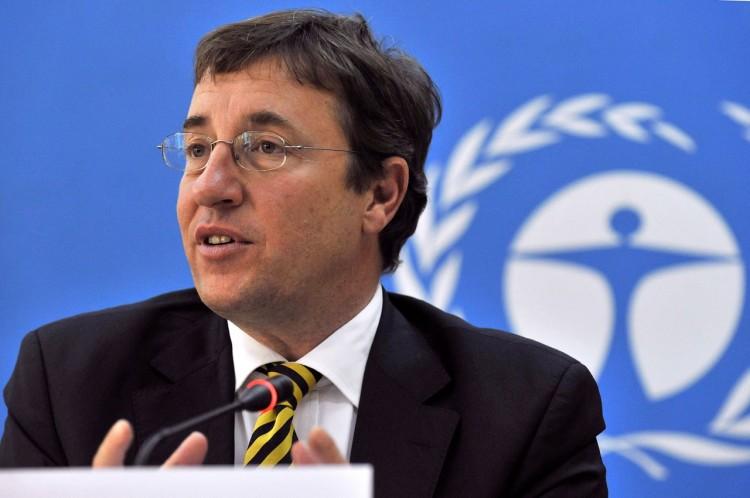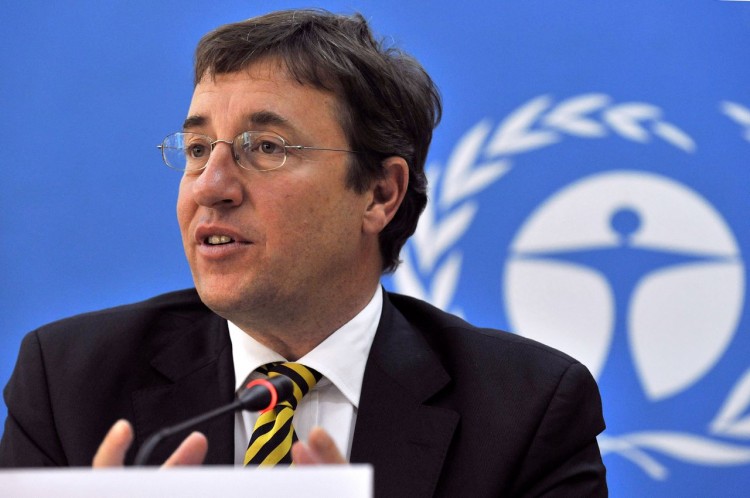The United Nations Climate Change Conference in Durban, South Africa, starts on Monday, and while experts say—once again—that this is the crucial moment when the world must come together to make some hard decisions, expectations are—once again—low among many commentators and participants.
Among the key issues to be discussed is the fate of the Kyoto Protocol, which expires in 2012; more details about the Green Climate Fund, agreed to in Cancun last year; and the future role of carbon markets.
According to the U.N. Framework Convention on Climate Change, the discussions will seek to advance the implementation of these issues, among others, “in a balanced fashion.”
The “balanced” part has to do with every issue being properly addressed during the conference, and in a manner that is acceptable to the participating nations. Balance might also carry another shade of meaning in a more practical sense.
In their preconference briefing paper, the Pembina Institute, a renowned Canadian environmental organization, explains how the different sessions, six in all, are interlinked.
“Progress in one area can unlock movement in another,” it says. “Conversely, inaction in one forum can grind the entire talks to a halt.”
In fact, some countries almost seem to be banking on process grinding to a halt. Inspired by the recent Occupy movements, former Costa Rican President Jose Maria Figueres suggested that vulnerable countries should “occupy” Durban by refusing to leave until substantial progress has been made.
This shows the feeling of urgency surrounding the Durban conference. Hopes were high before the 2009 Copenhagen conference, but it turned out to be a grave disappointment according to most observers. Going into Cancun last year, few expected it would accomplish much, which it didn’t. But at least some observers credit Cancun with bringing negotiations back on track.
Now, many experts point to the clock: For every year we stall, the closer we get to irreversible climate change, and the harder and more expensive it is going to be to actually implement long-term goals for the rest of this century. While the world has agreed to keep the global rise in temperature under 2 degrees Celsius, according to the Pembina Institute, this will be hard to achieve.
“Current pledges (assuming they are met) would lead to warming of over 3 degrees Celsius, and potentially more than 3.5 degrees Celsius. Based on the policies actually implemented to date in pursuit of those pledges, however, the International Energy Agency foresees an even more pessimistic outcome, with warming of 6 degrees Celsius or more,” they write.
Despite this, the Guardian reported last week that the governments of the world’s richest countries have given up on any new climate change treaty that would take effect this decade. Even before the negotiations have started, they have quietly decided to push for an agreement by 2015 or 2016 that would not come into effect until 2020.
Achim Steiner, executive director of the U.N. Environment Program called this “a political choice,” not based on science, and warned that it will take the Earth “from high risk to very high risk in terms of global warming.”
The Alliance of Small Island States called any moves that would delay a new treaty “reckless and irresponsible.” They represent some of the countries that are most at risk from global warming. In some cases, whole islands are projected to disappear if the sea level rises too much.
As if this was not enough to build up tensions before the conference, a new batch of the so-called “climategate” emails was released on the Internet on Tuesday via a Russian server. The file contained more than 39,000 pages of hacked emails to and from scientists at the University of East Anglia in England allegedly proving that scientists have manipulated climate change data. They were posted on several climate-skeptic websites in an apparent bid to create a similar impact as when the first batch was leaked, before the Copenhagen conference. Climate scientists have since been busy putting some apparently damning quotes in proper context and defending their work.
The Durban Climate Change Conference begins on Nov. 28 and sessions are scheduled until Dec. 9.





